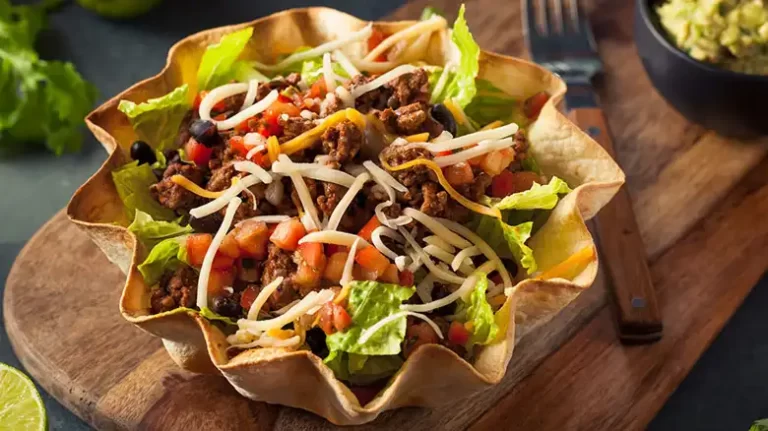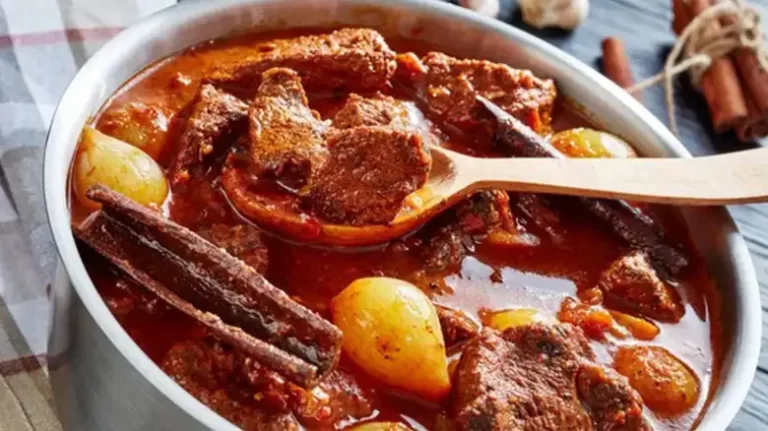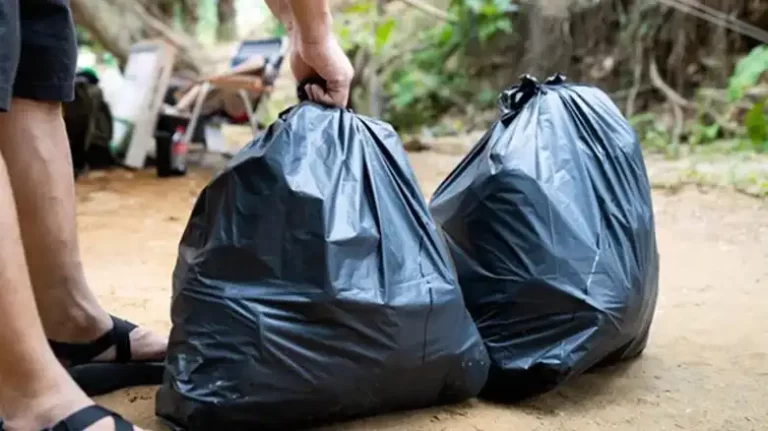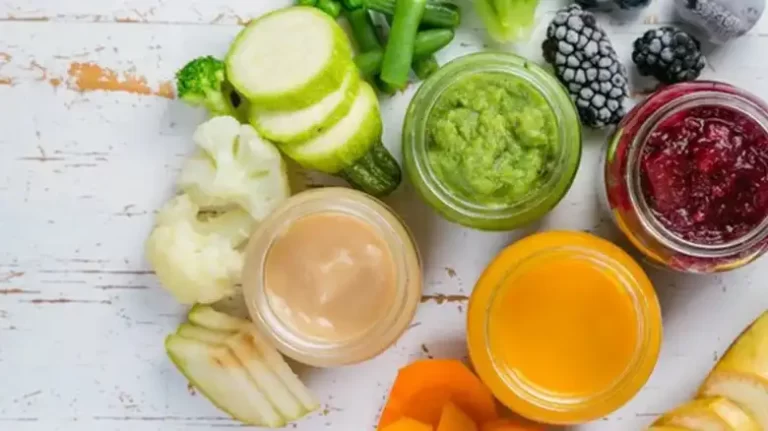Why Can’t You Eat Spicy Food After Tooth Extraction
When it comes to tooth extraction, most of us have been there or know someone who has. It’s a common dental procedure that can be a real pain – literally. But what you might not realize is that your diet plays a crucial role in the healing process.
In particular, spicy foods can be a major no-no after tooth extraction. In this article, we’ll delve into the science behind why you can’t indulge your spicy cravings during this time, and what you can do to ensure a smoother and speedier recovery.
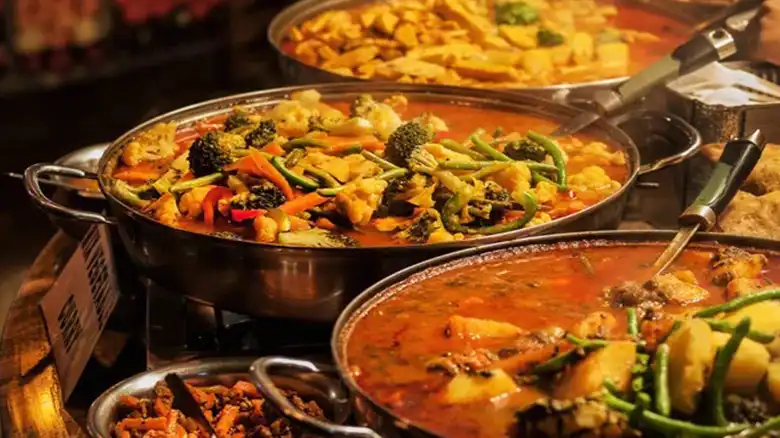
The Role of Diet in Healing
Diet plays a pivotal role in the healing process following a tooth extraction. While it may not be immediately apparent, the food you consume significantly influences the speed and success of your recovery. Let’s break it down:
Nutrient Fuel
Your body is like a finely tuned machine, and it needs the right fuel to perform at its best. The same goes for healing. Proper nutrition is the building block for the natural recovery mechanisms your body employs.
Tissue Regeneration
After a tooth extraction, your body is hard at work repairing and regenerating tissue. A balanced diet is essential to provide the necessary raw materials for this process to happen efficiently.
Strengthening the Immune System
Your immune system plays a crucial role in warding off infections and promoting healing. The nutrients you consume directly impact the strength and efficiency of your immune response.
Reducing Inflammation
Inflammation is a natural part of the healing process, but excessive inflammation can lead to discomfort and delayed recovery. Certain foods can either exacerbate or alleviate this inflammation.
Promoting Healing
Some foods have specific properties that can speed up the healing process. Understanding which foods to include in your diet can help you recover more comfortably and swiftly.
Why Spicy Foods Are Problematic
Spicy food can be problematic for many reasons. We are going to discuss some of them below.
Disruption of Blood Clot Formation
After a tooth extraction, your body relies on the formation of a blood clot at the site of the removed tooth. This clot acts as a protective barrier, guarding the wound against infection and helping the surrounding tissues heal.
However, when you consume spicy foods, you introduce capsaicin, the compound responsible for spiciness, into your mouth. This irritant can disrupt the delicate blood clot, potentially leading to its dislodgement, which can expose the wound and make it more vulnerable to harmful bacteria.
Heightened Oral Sensitivity
In the immediate aftermath of a tooth extraction, the surrounding tissue becomes extremely sensitive. Spicy foods, with their fiery nature, can cause intense discomfort and even pain.
The healing process requires a gentle environment, and spicy foods are far from gentle. They can trigger a heightened sensitivity in your mouth, making the recovery process more unpleasant.
Increased Risk of Infection
Your mouth is a natural haven for bacteria, and after a tooth extraction, it becomes even more susceptible to potential infections.
Spicy foods, unfortunately, can exacerbate this risk. They can introduce foreign and potentially harmful microorganisms, which can hinder the healing process and lead to complications. Understanding how to minimize this risk is crucial for a successful recovery.
Provoking an Inflammatory Response
Spicy foods have the ability to trigger an inflammatory response in your mouth. While some inflammation is a natural part of the healing process, an excessive response, induced by the consumption of spicy foods, can lead to increased swelling and discomfort.
Delayed Healing
Nobody wants to experience a prolonged recovery period after a tooth extraction. Yet, consuming spicy foods can hinder the healing process and result in setbacks.
Immediate Post-Extraction Period
After undergoing a tooth extraction, the immediate post-extraction period is a critical phase that requires your attention and care. During this time, your body is working diligently to repair the extraction site, and your actions can significantly influence the outcome.
Let’s break down what you need to know and do during this crucial window of recovery.
Healing Begins
As soon as the tooth is extracted, the body initiates the natural healing process. The extraction site is covered by a blood clot, which serves as a protective shield against infection and helps in tissue regeneration. This clot is pivotal for successful healing.
Follow Your Dentist’s Instructions
Your dentist will provide you with specific post-extraction care instructions, and it’s crucial to follow them meticulously. These guidelines typically include:
Biting on Gauze: Immediately after the extraction, you’ll be asked to bite down on a piece of gauze to facilitate blood clot formation. This helps to control bleeding.
Rest: Engage in some well-deserved rest, especially on the day of the extraction. Avoid strenuous physical activity to prevent any complications.
Avoid Rinsing: For the first 24 hours, it’s important not to rinse your mouth vigorously. This can disturb the blood clot and slow down the healing process.
Pain Management: Your dentist may prescribe pain medication. Take it as directed to manage any discomfort.
The Role of Diet
Your diet plays a significant role during the immediate post-extraction period. Soft and gentle foods are your best friends. Opt for:
Cool Soups: Lukewarm or cool soups are not only soothing but also provide essential nutrients without the need for chewing.
Yogurt: Plain, unsweetened yogurt is an excellent choice, as it’s soft and packed with probiotics to support your immune system.
Applesauce: It’s easy on the mouth and a good source of vitamins.
Mashed Potatoes: These are easy to consume and provide much-needed energy.
Smoothies: Blended fruit and vegetable smoothies are both nutritious and comforting.
Avoid Spicy Foods
Now, let’s address the elephant in the room: spicy foods. During this immediate post-extraction period, spicy foods are a strict no-no. The capsaicin found in spicy dishes can irritate the extraction site, potentially leading to complications like dislodging the blood clot or exacerbating pain and discomfort.
Stay Hydrated
Proper hydration is vital for your recovery. Opt for plain water or non-spicy herbal teas. Adequate hydration supports the healing process and helps flush out any residual debris from the extraction site.
Protect the Blood Clot
Remember that blood clot we mentioned earlier? It’s of utmost importance. Avoid activities that may disrupt it, such as:
No Straws: Using a straw can create suction in your mouth, which may dislodge the clot.
No Smoking: Smoking can hinder the healing process and increase the risk of infection. It’s best to refrain for a few days.
Monitor for Complications
While it’s normal to experience some discomfort and mild bleeding during the immediate post-extraction period, it’s essential to keep an eye out for any unusual symptoms. Contact your dentist if you notice:
Severe or Prolonged Bleeding: While some bleeding is normal, excessive or prolonged bleeding is a concern.
Signs of Infection: Look out for symptoms like increasing pain, swelling, or the presence of pus.
Persistent Pain: If your pain worsens or doesn’t subside with prescribed medication, consult your dentist.
Fever: A fever can indicate infection, so it’s important to address it promptly.
FAQ
Q1: Can I eat any spicy food at all after tooth extraction?
A1: It’s best to avoid spicy foods completely during the initial recovery period, typically for at least a week. Once your dentist approves, you can gradually reintroduce milder spices into your diet.
Q2: How long should I avoid spicy foods after tooth extraction?
A2: The recommended duration for avoiding spicy foods is usually around one week or until your dentist gives the green light for a return to normal eating habits.
Q3: What can I eat instead of spicy foods during my recovery?
A3: You can opt for soft and gentle foods like cool soups, yogurt, applesauce, mashed potatoes, and smoothies. These choices are both soothing and nutritious.
Q4: What are the signs of infection to watch out for after tooth extraction?
A4: Look for signs such as increasing pain, swelling, the presence of pus, or the development of a fever. If you experience any of these symptoms, it’s essential to contact your dentist promptly.
Q5: How does capsaicin affect the mouth, and why is it problematic after tooth extraction?
A5: Capsaicin, the compound responsible for spiciness, can irritate the extraction site, potentially disrupting the blood clot and causing increased pain and discomfort. Avoiding spicy foods is essential to support proper healing.
Q6: Can I use a straw or smoke during the immediate post-extraction period?
A6: It’s best to avoid using a straw, as the suction created can dislodge the blood clot. Similarly, refraining from smoking during this period is advisable, as it can hinder the healing process and increase the risk of infection.
Q7: When can I expect to reintroduce regular foods, including spicy dishes, into my diet after tooth extraction?
A7: The timing for reintroducing regular foods, including spicy ones, varies from person to person and depends on the dentist’s guidance and the progress of your healing. It’s crucial to wait until you have the green light from your dentist to avoid any complications.
Conclusion
Tooth extraction is never a walk in the park, and what you eat in the aftermath can make all the difference in your recovery journey.
While it might be difficult to bid adieu to your beloved spicy dishes for a short while, remember that your oral health is at stake.
Understanding the intricacies of why spicy foods are problematic and how to navigate the post-extraction period can help you achieve a smoother, speedier, and less spicy recovery. So, here’s to a healthier and happier mouth, one that’s ready to tackle the spiciest of meals once again!
Meta description: Discover why spicy foods are a no-go after tooth extraction. Learn how to ensure a smooth recovery process in this informative guide.
